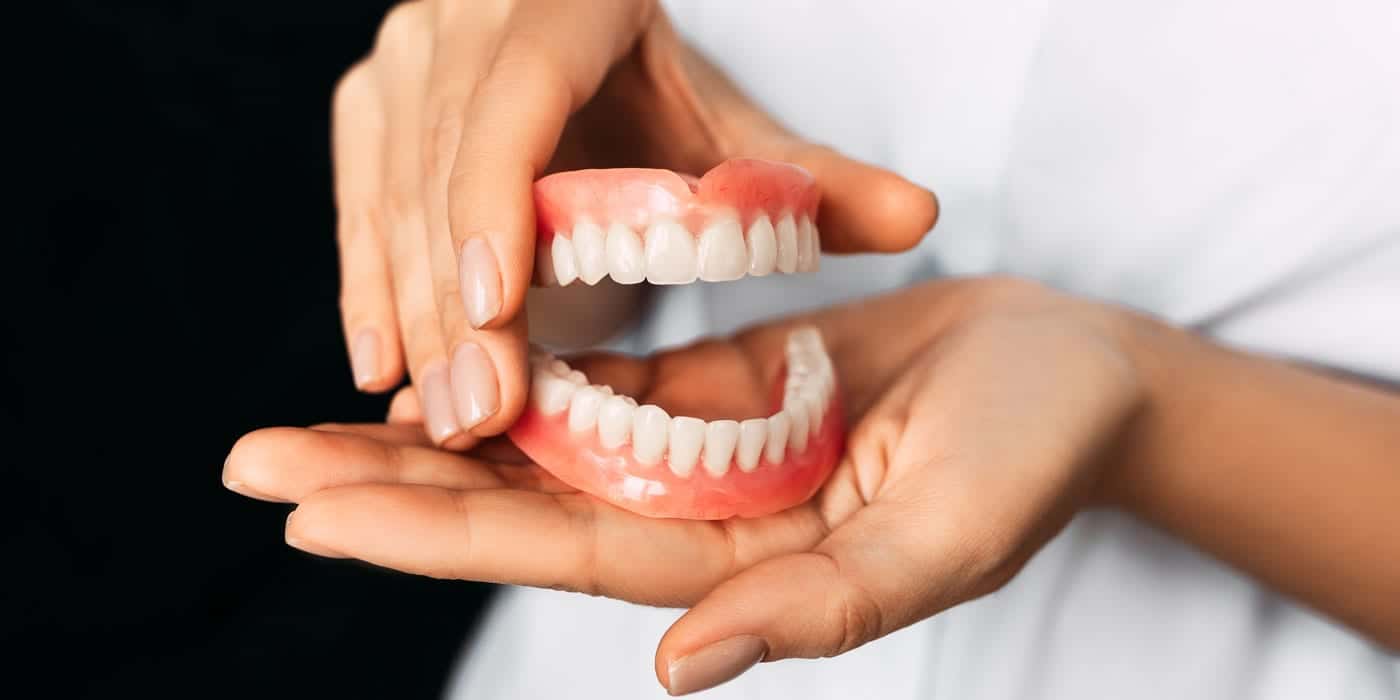Periodontal Dentistry Los Angeles, CA
This is the first category of gum treatment. As the name suggests, there is no need any surgical procedure, and they include the following. Scaling And Root Planning by our Hygienist.
This non-surgical procedure involves scraping away of tartar and plaque from above and below the jawline (scaling), as well as smoothing of the rough spots of the roots of teeth (planing).
All these are done with local anesthetic. The importance of the smoothing is to remove bacteria and enhance the reattachment of the gum to the teeth.

SURGICAL PERIODONTAL (GUM) TREATMENTS
To effectively treat some gum diseases, a surgical procedure might be necessary. Such may include:
– BONE GRAFTS DONE BY A PERIODONTIST (GUM SPECIALIST)
In this procedure, the main idea is to restore the part of the jawbone destroyed by gum disease. This can be done using synthetic bone, your own, or bone that has been donated. This is essential in strengthening the jaw so that it can be sufficient for its tasks like eating.
– FLAP SURGERY BY A PERIODONTIST
There are similarities between this procedure and the non-surgical treatment – scaling and root planing. The Periodontist will remove the spaces between the jaw and the tooth to avert any possibility of bacteria building up. As such, it is commonly known as pocket reduction surgery.
Periodontal dentistry is a specialized branch focusing on diagnosing and treating periodontal disease, also known as gum disease. Periodontal dentistry involves the prevention, diagnosis, and treatment of conditions that affect the gums, bone, and other supporting structures of the teeth. Periodontal dentists are experts in identifying and treating periodontal disease, ranging from a mild inflammation of the gums to more advanced stages of gum disease causing tooth loss. They use advanced techniques and technologies to diagnose and treat periodontal disease and work closely with patients to develop personalized treatment plans to address their needs.
Periodontal disease is typically treated using non-surgical and surgical treatments, depending on the severity of the disease. Non-surgical treatments include scaling and root planing, which is a deep cleaning of the teeth and gums to remove plaque and bacteria. This treatment can help prevent further damage to the gums and bone and promote healing. Surgical treatments for periodontal disease may be necessary in more advanced cases, such as when the disease has caused significant damage to the gums and bone. These treatments may include gum grafting, bone grafting, or dental implants to replace missing teeth. In addition to these treatments, periodontal dentists may also recommend lifestyle changes, such as quitting smoking or improving oral hygiene practices, to help prevent periodontal disease from recurring.


